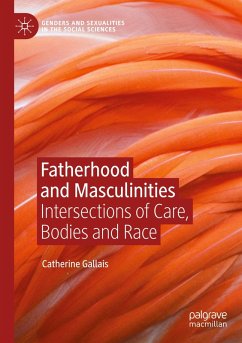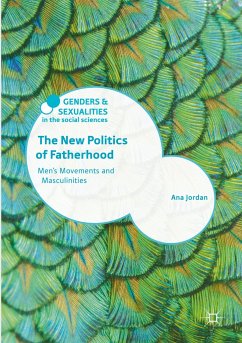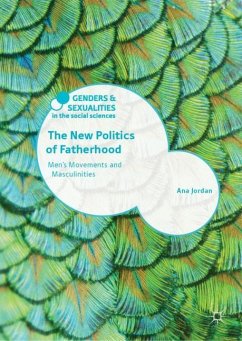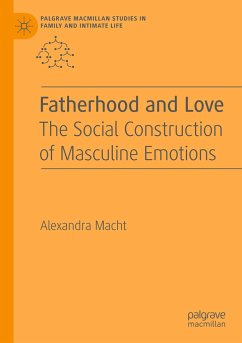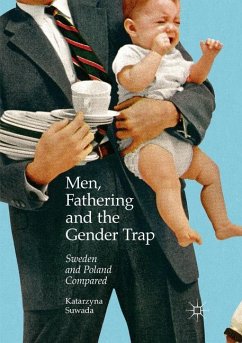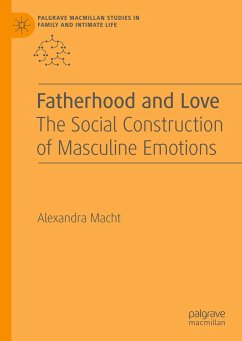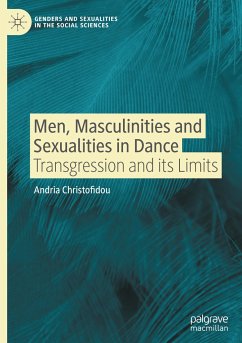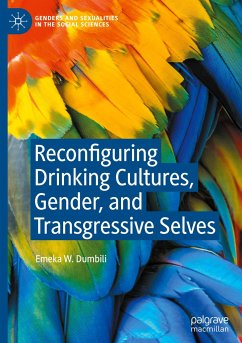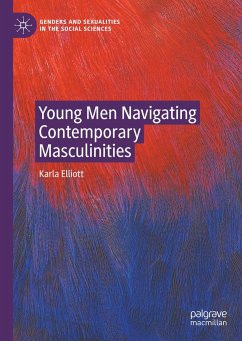
Fatherhood and Masculinities
Intersections of Care, Bodies and Race
Versandkostenfrei!
Versandfertig in 6-10 Tagen
91,99 €
inkl. MwSt.
Weitere Ausgaben:

PAYBACK Punkte
46 °P sammeln!
Based on novel ethnographic research conducted in New York City, this book explores through the lens of intersectionality how gender impacts men's experiences of full-time fatherhood, as well as how sexuality, race, class, faith, and so on result in unequal access to choices and opportunities as parents. Chapters analyze how perspectives on caregiving are complicated by varying cultural, gendered, and racialized stereotypes and representations that pull different fathers toward or push them away from particular models of fatherhood in an urban context. Additionally, the author interrogates how...
Based on novel ethnographic research conducted in New York City, this book explores through the lens of intersectionality how gender impacts men's experiences of full-time fatherhood, as well as how sexuality, race, class, faith, and so on result in unequal access to choices and opportunities as parents. Chapters analyze how perspectives on caregiving are complicated by varying cultural, gendered, and racialized stereotypes and representations that pull different fathers toward or push them away from particular models of fatherhood in an urban context. Additionally, the author interrogates how societal conceptions of men's bodies also play a role in how men understand their experiences of fatherhood.
This book will be of interest to scholars and students studying gender, masculinity, and fatherhood.
This book will be of interest to scholars and students studying gender, masculinity, and fatherhood.



